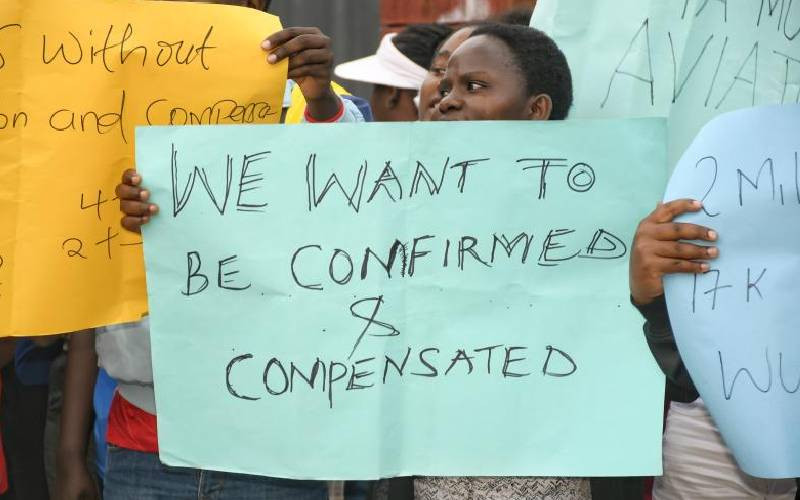×
The Standard e-Paper
Join Thousands Daily

Schools report back from midterm amid heightened anxiety over the fate of employment of Junior Secondary School (JSS) teachers, financial crunch and uncertainty over the safety of learners.
It is now emerging that the hope for permanent and pensionable employment for the over 46,000 intern teachers this month could be dashed with anticipated budget cuts threatening some key projects in the education sector.